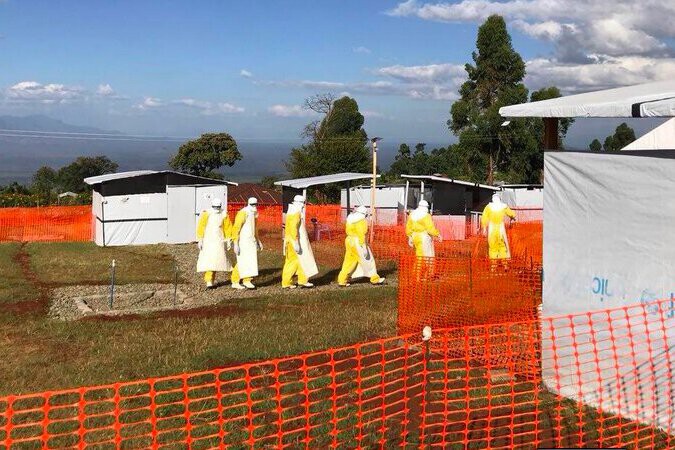The heat wave is back, sleeping poorly is back: how to improve our sleep in summer according to science

We are at the gates of the earliest heat wave since 1981 and that means many things: soaring thermometers, heat strokes, problems carrying out daily activities… But above all it means that we are going to spend a few days in which sleeping well goes to be almost impossible. That is why we have prepared this quick guide to sleep more and better when it is very, very hot, according to science.
The close relationship between sleep and temperature. What we interpret as discomfort and inability to fall asleep has deeper roots in the close relationship between body (core) temperature and sleep. As Philip Gehrman, professor of psychology at the University of Pennsylvania School of Medicine, explained, although we usually talk about circadian rhythms in relation to sleep and wakefulness, the truth is that they play a very important role in regulating body temperature.
“Our core body temperature is lowest about two to three hours before our natural waking time in the morning, and then rises throughout the day, peaking about two hours before we start to feel sleepy at night. Gehrman explained. Other researchers talk about 30 minutes before bed, but the underlying logic is the same.
This is what explains why, when our temperature increases artificially (after a hot shower, for example), our body interprets it as the thermal peak and our drowsiness is triggered. The popular interpretation attributes it to ‘relaxation’, but it is mainly due to the thermal issue.
So why is it so hard to sleep in the heat?. The question is interesting: if heat triggers sleep, it shouldn’t be difficult to sleep with it. However, the problem arises when temperatures are continuously very high. In this case, the hormonal mechanisms that regulate circadian rhythms become uncoordinated and the chemical signals we receive are often contradictory. The result is clear: we have a hard time sleeping.
Why is this happening? The reason is probably evolutionary. Malcolm von Schantz, a sleep neuroscientist at the University of Surrey, pointed out a few years ago that “as a species, we are diurnal animals” and therefore “we have evolved to sleep at night, when it is colder and darker”. As is always the case with evolutionary explanations, we do not have absolute certainties.
But the truth is that it fits. In a well-known experiment, Kazue Okamoto-Mizuno and Koh Mizuno showed that changes in temperature serve as a ‘biological clock’ and play a key role in regulating sleep. To give us an idea of how serious this relationship is, people with insomnia “show that they have a higher basal temperature just before sleep than people who do not have sleep problems.”
What can we do to improve sleep? In short: in a high-temperature environment, it is more difficult to fall asleep and, when it is achieved, it is of very poor quality (fragmented and not very restful). The diagnosis is clear, what is missing are solutions. In this regard, there are three broad sets of things we can do to improve sleep quality: physical, physiological, and behavioral measures.
A cool and secluded environment By “physical measures”, we mean, above all, to choose the most isolated room in the house and, if possible, since heat tends to rise to the upper floors, the lower one as well. In addition, we must do everything possible to prevent the room from heating up during the day: it must be insulated by closing windows, doors and shutters during hot hours.
However, during the night and the first hours of the day, it is advisable to capture fresh and renewed air inside the house. To do this, you have to let the night air enter the rooms (controlling, yes, the entry of mosquitoes) and ventilate first thing in the morning, keeping the windows open long enough and no more.
Using physiology to our advantage. Physiological measures are little tricks that help us “reorder” our body and help it function better in the midst of thermal disorder. Showers, without going any further, can be useful to improve the thermal sensation, but they can also make us sweat less (and sweat is our main biological cooling system). On the other hand, exercising too close to bedtime does not seem to be recommended, since the increase in body temperature it produces can add more confusion to our hormonal cycles.
Something more. But, as always, many of the keys to sleeping more and better are in our behavior and customs. Things like wearing the right clothes (too many clothes can make it hard to sweat), not drinking alcohol (which can affect the body’s ability to regulate temperature), not eating large meals (which increase the amount of blood in the trunk and therefore , raising core temperature) or being well hydrated (water can be a great ally depending on how we use it) are simple measures that allow the body to work more efficiently.
Image | Braden Barwich




